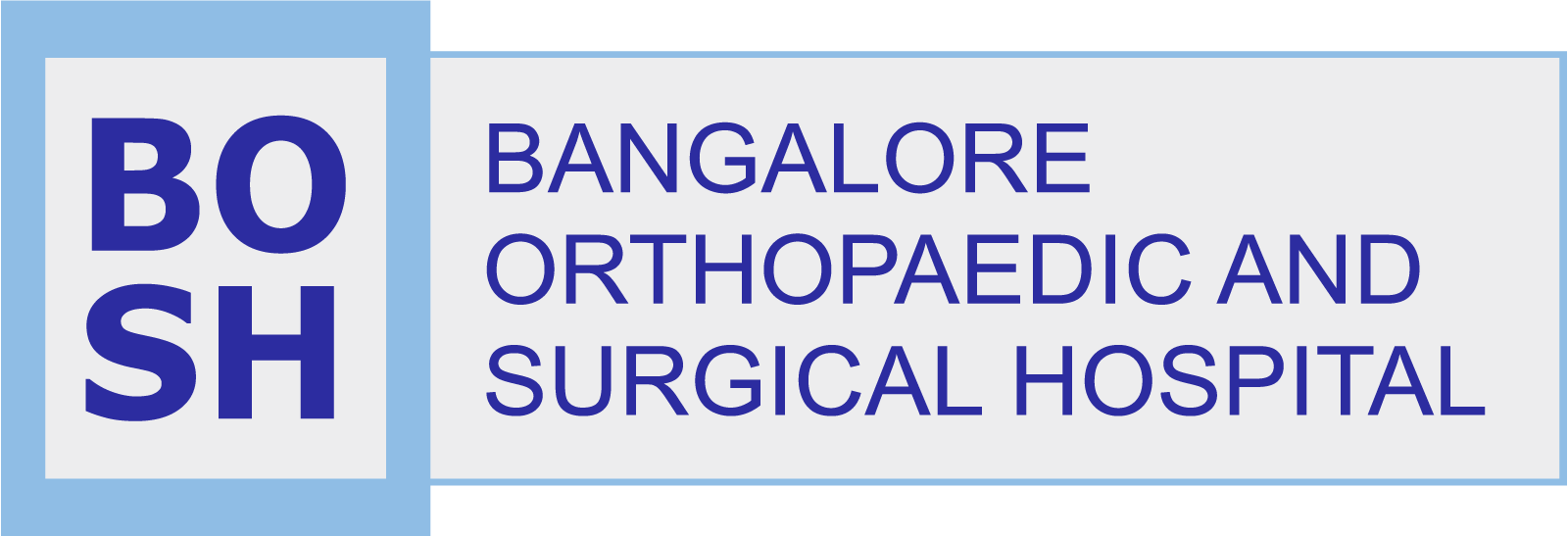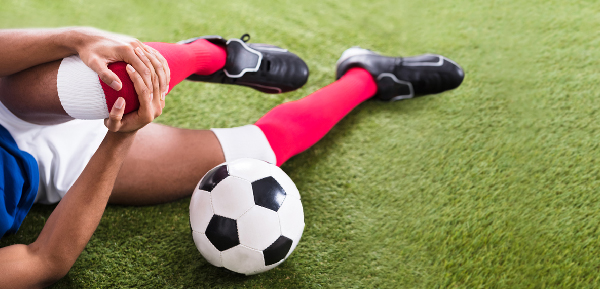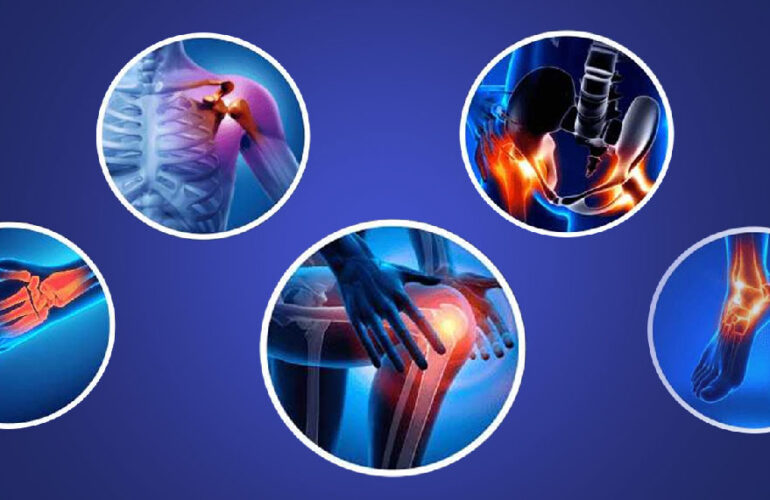Sports are an incredible way to stay active and healthy, but they also come with the risk of injury. Whether you’re a seasoned athlete or enjoy recreational sports, understanding common sports injuries, their prevention, and the role of orthopedics in the recovery process can make all the difference in your athletic journey.
Common Sports Injuries
- Sprains and Strains: Sprained ligaments and strained muscles are among the most frequent injuries. These can range from minor to severe, affecting joints like ankles, knees, and wrists.
- Fractures: Broken bones can happen due to direct impact or overuse. Stress fractures, a type of overuse injury, are common in sports like running.
- Tendonitis: Inflammation of tendons, known as tendonitis, can occur in areas like the rotator cuff, Achilles tendon, or tennis elbow.
- Dislocations: Joints can get dislocated during sports activities, often requiring immediate medical attention.
- Concussions: Head injuries can lead to concussions, which are particularly common in contact sports like football and soccer.
- Muscle Tears: Tears in muscle fibers, such as hamstring or quadriceps tears, can occur during explosive movements.
Preventing Sports Injuries
Prevention is the first line of defense against sports injuries:
- Proper Warm-Up: Always warm up before engaging in sports. Dynamic stretching and light cardio help prepare your muscles and joints.
- Proper Gear: Wear appropriate protective gear like helmets, pads, or braces. Ensure they fit correctly.
- Technique: Learn and practice proper techniques for your sport. Good form can reduce the risk of injury.
- Cross-Training: Incorporate strength and flexibility training into your routine to balance your muscles and improve overall fitness.
- Rest and Recovery: Allow your body time to rest and recover between workouts or games. Overuse injuries often occur due to inadequate rest.
The Role of Orthopedics in Recovery
When sports injuries do happen, orthopedic specialists play a crucial role in the recovery process:
- Accurate Diagnosis: Orthopedic surgeons can provide an accurate diagnosis of the injury, often using imaging techniques like X-rays or MRI scans.
- Treatment Plans: They create personalized treatment plans, which may include physical therapy, medications, or surgical intervention when necessary.
- Rehabilitation: Orthopedics oversees the rehabilitation process, guiding athletes through exercises and therapies to regain strength and flexibility.
- Return to Sport: Orthopedic specialists work closely with athletes to ensure a safe return to their sport. They assess readiness and provide guidance on gradual reintegration.
- Injury Prevention: Orthopedic experts can also offer guidance on injury prevention strategies tailored to an athlete’s specific needs.
Orthopedic care is not just about fixing injuries; it’s about helping athletes regain their strength, mobility, and confidence to get back in the game safely.
Conclusion
In the world of sports, injuries are an unfortunate but common occurrence. Understanding how to prevent these injuries and recognizing the vital role of orthopedic specialists in the recovery process is essential for any athlete. If you’ve experienced a sports injury, seek the expertise of orthopedic professionals who can help you on your journey to recovery and get you back to doing what you love – playing sports. Remember, your health and well-being should always be a top priority on and off the field.


